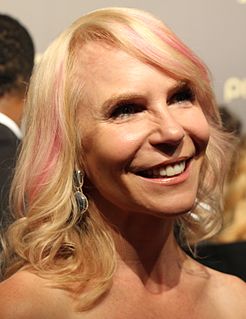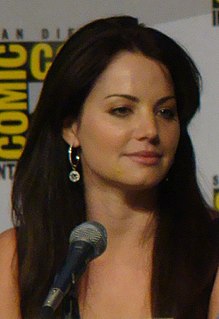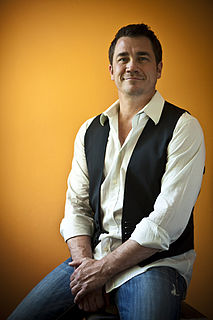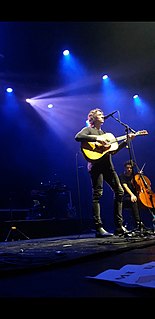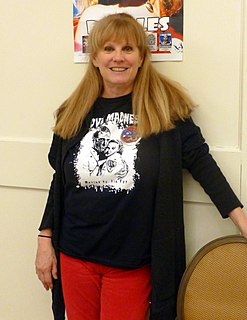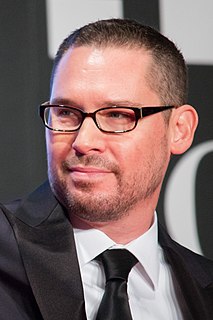A Quote by Marti Noxon
Test audiences are notorious for getting kind of itchy when people talk too much, and you have to trust your instincts that they don't necessarily understand that you're not digesting the movie on a scene-by-scene basis.
Related Quotes
It's like you might have some great scene that you love but for some reason - and you can't necessarily put your finger on it - the movie's not working or it seems slow or ponderous in some way, and even though it has your favorite scene in there, actually the favorite scene is the culprit. That's the painful thing about editing, is trying to locate those things that are holding the movie back and then having the guts to cut them. And it is painful to do it.
With moviemaking, the audience always has to keep asking, 'What happens next?' If you have the wrong piece of music over a scene, people aren't going to get the scene. If you have the wrong camera angle, people aren't going to pay attention. That's as much a part of the process as getting people to talk to you.
have a much harder time writing stories than novels. I need the expansiveness of a novel and the propulsive energy it provides. When I think about scene - and when I teach scene writing - I'm thinking about questions. What questions are raised by a scene? What questions are answered? What questions persist from scene to scene to scene?
I actually went to see 'Rushmore,' and I came late, and I missed myself. It was great, that scene. I caught that scene the other day on TV, funny enough, the first scene that you see with Jason Schwartzman and myself, where we talk about his grades. That's a brilliant scene, and I have to say, we play it brilliantly.
The Ramones were a great bunch of guys. They were very quiet, very shy. They were a little in awe of the filmmaking process, probably because we started at 7 a.m. I do remember the very first day of shooting, I met them and did the scene in the bedroom where Joey sings to me, and they were all scattered around my bedroom in my little fantasy scene. That was the first scene we shot of the movie. That scene is kind of a strange way to start a movie. "Okay, get undressed, and these weird guys in leather jackets and ripped jeans are going to sing to you."
If you give the actors a problem 'I'm not getting something out of the scene' and it's the writing, we just don't have the scene, if you give them the problem and just give them some key thoughts they can bring some great solutions to the equation too. So if it's just not perfect, or I'm not getting all I can, I'll open it up to them and say let's talk about it.
